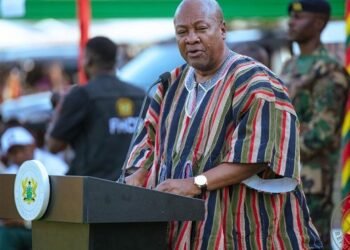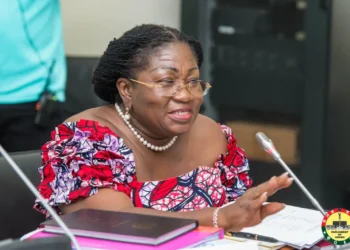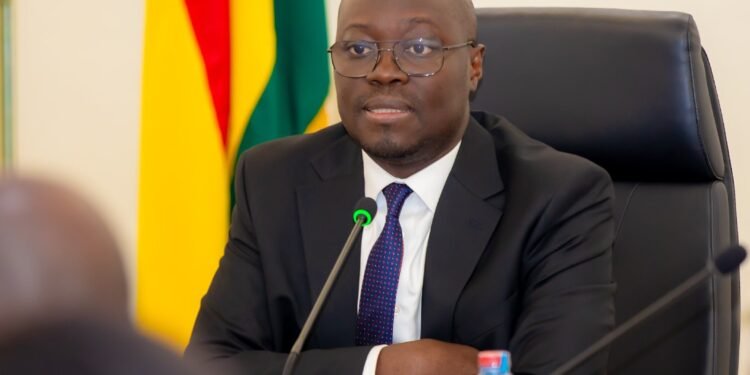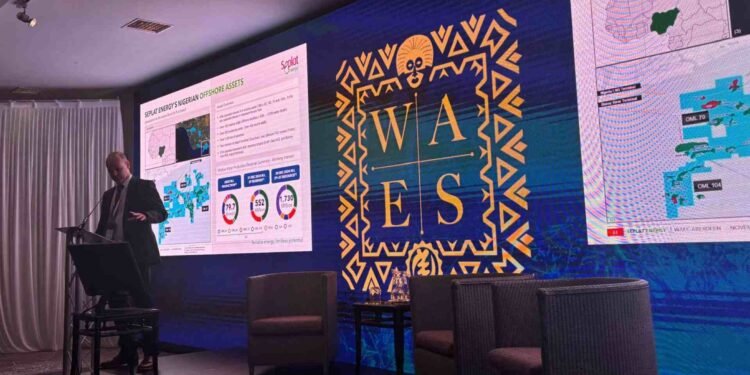Hon. Sam George, Minister for Communications, Digital Technology, and Innovation, is at the center of a growing debate in Ghana as his bold interventions reshape the country’s communications and digital policy environment.
The communications minister has adopted a highly visible, hands-on approach, moving swiftly from mobile data pricing to pay-TV fines and even halting enforcement actions against delivery services.
His actions have attracted both praise for protecting consumers and concern over what critics see as potential overreach.
According to the IMANI Center for Policy and Education, the Minister’s activism has been felt across multiple areas of the communications sector in just a matter of months.
In June, for example, the minister pressed mobile network operators to expand their data bundles.
Within weeks, subscribers noticed significant increases in their gigabyte allowances, a clear demonstration of how government pressure can produce quick results.

“Yet the average cost per gigabyte held steady, dashing hopes for more affordable connectivity even as usage ceilings rose. This partial success highlights the gap between access and affordability, especially for lower-income users who still bear steep per-unit charges.”
IMANI Center for Policy and Education
IMANI added that structural challenges facing telecom operators may ultimately undermine the expected benefits of such short-term measures, signaling that deeper reforms are required to address affordability in the long run.
MultiChoice, Sam George Clash
Encouraged by the telco engagement, the Minister turned his attention in mid-July to MultiChoice Ghana, operator of DStv.
He announced the imposition of a statutory GH₵10,000 daily fine on the company for failing to provide detailed pricing information, including bouquet breakdowns, tax components, and comparisons with other African markets, as required under the Electronic Communications Act.
“What began as a push for greater transparency has since evolved into a public exchange of letters, legal wrangling, and subscriber unease over potential service disruptions.”
IMANI Center for Policy and Education
This escalation highlighted how regulatory demands, when paired with political urgency, can fuel both public support and industry tension.

Not long after the MultiChoice episode, Hon. Sam George intervened in the Postal and Courier Services Regulatory Commission’s (PCSRC) crackdown on unlicensed delivery riders.
He ordered regulators to halt their sanctions until further consultation and consumer education could take place. While some consumers applauded the move as pragmatic, governance experts expressed concern.
Professor H. Kwasi Prempeh of CDD-Ghana sharply criticized the intervention, arguing that it blurred the “separation of powers” by undermining the independence of regulatory authorities.
President’s Involvement Raises Questions
This was not an isolated incident. A similar dynamic played out when President Mahama stepped in to delay the suspension of several radio stations by the National Communications Authority (NCA) for operating without approved transmitter sites.
His intervention was justified on grounds of media freedom and protecting livelihoods, but it again raised questions about whether regulatory processes can function independently in the face of political influence.

“These high-profile interventions sit uneasily alongside Ghana’s regulatory framework. By law, regulatory bodies such as the NCA and the PCSRC possess operational independence to investigate and sanction non-compliance.
“Ministers are empowered to set strategic policy and issue formal directives—but not to micromanage individual cases or countermand written rulings on a verbal whim. When political authority encroaches on this boundary, stakeholders face uncertainty about whether rules will be applied consistently and transparently.”
IMANI Center for Policy and Education
Accordingly, IMANI argued that reconciling ministerial accountability with regulatory autonomy requires a clear and transparent policy strategy. Such a strategy should set measurable goals and benchmarks for the sector.
From there, ministers can issue written directives through regulators, ensuring that orders are both formal and enforceable.
Regulators, in turn, must retain the technical independence to carry out investigations and apply sanctions without fear of arbitrary political interference.
Finding The Right Balance
According to IMANI, Ghana’s aspirations for digital inclusion, media diversity, and investor confidence all depend on finding a balanced approach.
Ministerial activism can be a powerful tool, especially when industries are resistant to change. However, the think tank cautioned that without formal boundaries, such interventions may weaken institutions that are essential for sustaining long-term development.

“Regulators must then retain the technical prerogative to carry out inquiries and enforce rules without fear of arbitrary reversal, while aligning their activities with the government’s broader policy framework as it rolls out its coordinated plan.”
IMANI Center for Policy and Education
For Ghana, the lesson is clear: short-term political urgency must be matched with long-term institutional stability.
Without this balance, even well-meaning reforms may backfire, eroding confidence in the country’s regulatory system.
As IMANI concluded, whether these recent interventions become “building blocks for reform or cautionary tales of ad hoc governance” will depend on how the government redefines the relationship between ministers and regulators in the coming years.
READ ALSO: Priscilla Ojo, Juma Jux Welcome Baby Boy























